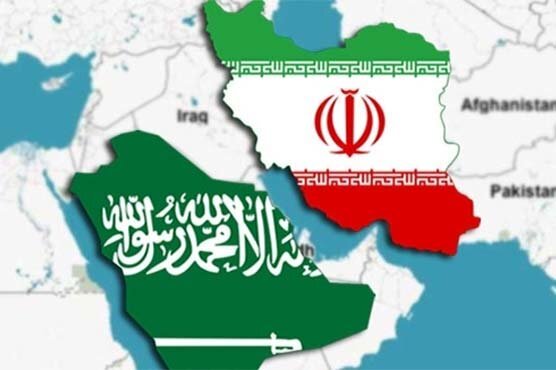Iran says would welcome Saudi foreign policy revision

TEHRAN – Saudi Arabia has begun realizing that its aggressive foreign policy has ended in failure and that it seems to be revising some aspects of its foreign policy accordingly, Iran’s Foreign Ministry says, underlining that Tehran would welcome Saudi Arabia changing its approach.
“It looks like the Saudi officials have begun reforming some of their policies concerning the interaction with some of the Persian Gulf’s littoral countries, having understood that war and bloodshed do not help them out anymore, and also having despaired of their former allies,” ministry spokesman Saeed Khatibzadeh said in remarks to ISNA that the news agency published on Sunday, according to Press TV.
The spokesman pointed out that if Riyadh seriously puts policy reforms on its agenda and concludes that the solution to problems lies in “regional cooperation,” Iran will be the first country to welcome these reforms.
“We have always underlined that regional countries should arrive at a common understanding regarding the regional problems,” he stated, noting that such understanding would help establish a “security mechanism” that could be used to govern the region.
Khatibzadeh voiced Iran’s readiness to negotiate with Saudi Arabia if it changes tack, adding that Iran is ready to address Saudi concerns regarding Iran.
“The Saudis may have some concerns, and by the way, we emphasize that we need to talk about these concerns. The Hormuz peace endeavor was in the context of talking about these issues. Some concerns may be illusions that open the door to other powers in the region, and we are even willing to talk about these illusory and imaginary concerns,” the spokesman continued.
The remarks came after Saudi Arabian Foreign Minister Faisal bin Farhan claimed that their hands are extended to Iran to make peace, though he accused Iran of not complying with agreements and not being “serious about talks with Riyadh.”
On Friday, Iran’s Foreign Minister Mohammad Javad Zarif also expressed willingness to resolve differences in the region, once again floating Iran’s Hormuz Peace Endeavor as a forum to soothe tensions.
In an article published by Foreign Affairs magazine, the foreign minister said Iran is willing to discuss the problems of the region. “But the peoples of the region, not outsiders, must resolve these issues. Neither the United States nor its European allies have the prerogative to lead or sponsor future talks. Rather, the Persian Gulf region needs an inclusive regional mechanism to encourage diplomacy and cooperation and to lower the risk of miscalculation and conflict,” Zarif stated.
The chief Iranian diplomat once again presented Iran’s Hormuz Peace Endeavor, also known as HOPE, which Iran presented to the UN General Assembly in September 2019.
Zarif said the region’s countries can use this forum to “address anxieties with confidence-building measures, resolve grievances through dialogue, and engage in mutually beneficial efforts to solve shared problems and safeguard collective interests.”
“HOPE is not a blueprint for the future—any permanent arrangement has to be arrived at collectively by all regional powers. But the proposal reflects Iran’s aspiration for a strong, stable, peaceful, and prosperous community of countries, free from the impositions of regional or global hegemony,” the foreign minister pointed out.
But Khatibzadeh said Saudi Arabia has so far left Iran’s proposals for negotiation and resolution of outstanding differences between the countries unanswered.
Khatibzadeh reminded that Saudi Arabia tows a long record of violations against the region, from the war on Yemen and support for regional militancy and Takfiri terrorism to a 2017 Saudi-led regional blockade of Qatar.
Even if Riyadh might have some concerns, “the answer is not war,” he suggested.
Khatibzadeh said the ball is in Riyadh’s court. “The solution is in the Saudis’ hands and they can solve this issue whenever they choose to.”
